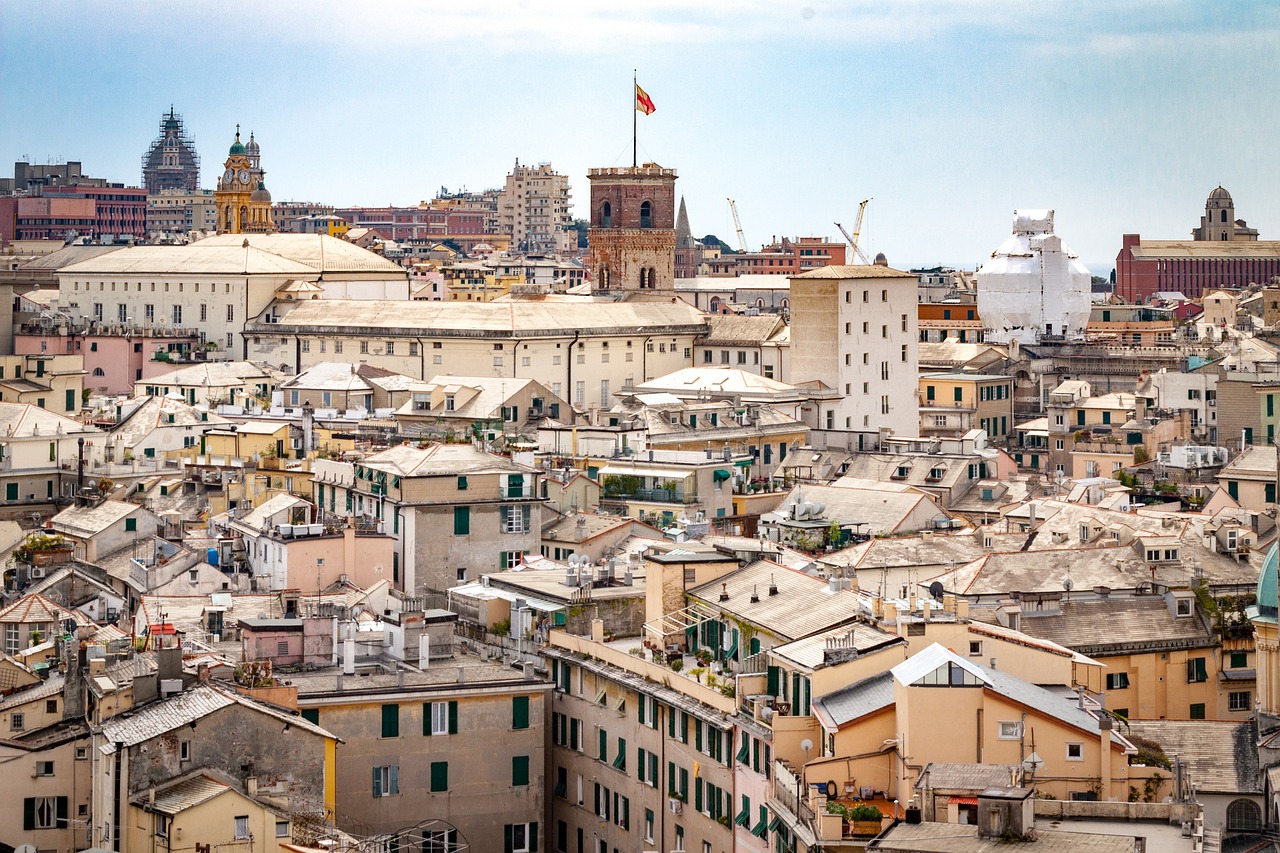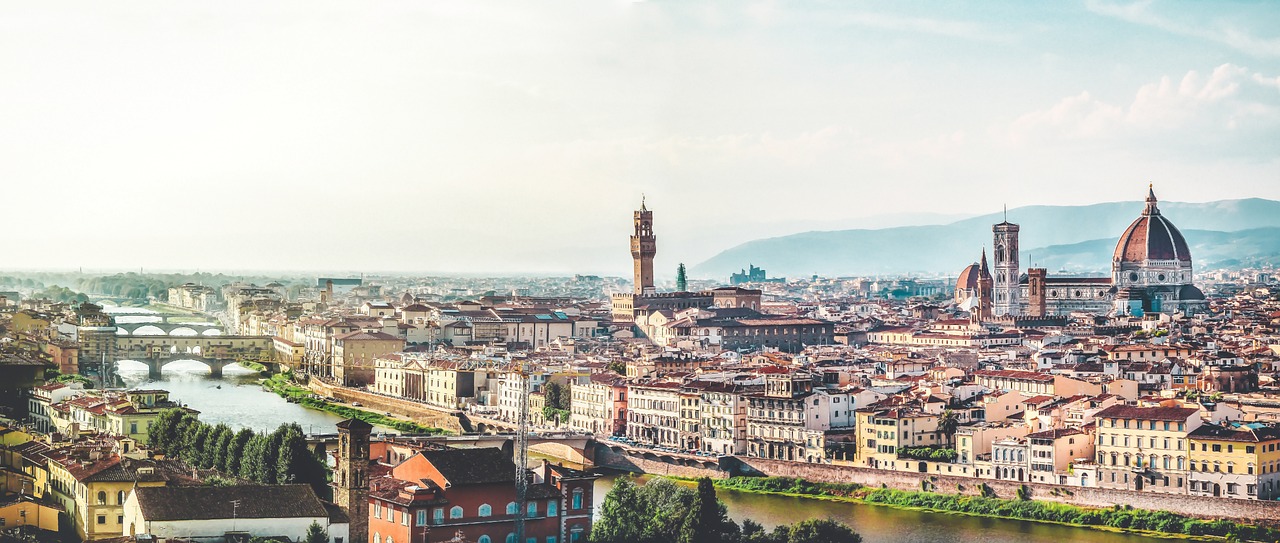Italy Video
Italy Image 1:

Italy Image 2:

Italy Image 3:

Visa and Stay Regulations for Digital Nomads in Italy
Italy is a country known for its rich history, stunning landscapes, and delicious cuisine. It’s no wonder that many digital nomads are drawn to this beautiful country. However, before packing your bags and heading to Italy, it’s essential to understand the visa and stay regulations for digital nomads. This article will provide detailed information to help you navigate the legal requirements and make your stay in Italy hassle-free.
Types of Visas
To legally stay and work in Italy as a digital nomad, you need to apply for the appropriate visa. Italy offers several types of visas that may be suitable for digital nomads, depending on the duration and purpose of your stay.
- Short-Term Visa (Type C): This visa allows you to stay in Italy for up to 90 days within a 180-day period. It is suitable for short-term visits or business meetings. Digital nomads planning a longer stay should consider other visa options.
- Long-Stay Visa (Type D): This visa is ideal for digital nomads planning to stay in Italy for more than 90 days. It requires a specific purpose, such as work, study, or family reunification. Digital nomads can apply for a self-employment visa or a study visa, depending on their circumstances.
- Elective Residence Visa: This visa is suitable for digital nomads who wish to reside in Italy without engaging in any work activities. It requires proof of sufficient financial means to support yourself during your stay.
Applying for a Visa
To apply for a visa, digital nomads should contact the Italian embassy or consulate in their home country. The application process may vary depending on your nationality and the type of visa you are applying for. It is advisable to start the application process well in advance to ensure a smooth transition.
- Required Documents: The specific documents required for a visa application may vary, but generally include a valid passport, completed visa application form, proof of accommodation, travel insurance, financial statements, and a detailed itinerary of your stay in Italy.
- Proof of Income: Digital nomads are often required to provide proof of sufficient income to support themselves during their stay in Italy. This can include bank statements, tax returns, or proof of freelance contracts.
- Health Insurance: It is essential to have comprehensive health insurance coverage during your stay in Italy. Make sure to obtain travel insurance that covers medical emergencies and repatriation.
Residence Permit
Once in Italy, digital nomads intending to stay for an extended period may need to obtain a residence permit. The residence permit allows you to legally reside and work in Italy beyond the initial visa duration.
- Applying for a Residence Permit: To apply for a residence permit, digital nomads should visit the local Questura (police station) within eight days of their arrival in Italy. The application process requires specific documents, including a valid passport, visa, proof of accommodation, health insurance, and proof of sufficient financial means.
- Self-Employment: Digital nomads planning to work as freelancers or start their own business in Italy should provide additional documents, such as a business plan, proof of professional qualifications, and evidence of financial stability.
- Renewal: Residence permits are typically valid for a year and can be renewed if you still meet the requirements. It is essential to start the renewal process well in advance to avoid any issues with your legal status in Italy.
Tax Obligations
As a digital nomad working in Italy, you may have tax obligations. It is crucial to understand the tax laws and regulations to ensure compliance during your stay.
- Tax Residency: If you spend more than 183 days in Italy within a calendar year, you may be considered a tax resident. This means you are subject to Italian income tax on your worldwide income.
- Double Taxation Agreements: Italy has double taxation agreements with several countries. These agreements aim to avoid double taxation on income earned in both Italy and your home country. It is advisable to consult a tax professional or seek guidance from the Italian tax authorities to determine your tax obligations.
- VAT Registration: If you provide goods or services in Italy and exceed the annual turnover threshold, you may need to register for Value Added Tax (VAT). Consult with an accountant or tax advisor to understand your VAT obligations.
Conclusion
Italy offers a captivating destination for digital nomads, but it’s crucial to understand the visa and stay regulations to ensure a smooth and legal experience. By familiarizing yourself with the available visa options, preparing the necessary documents, and complying with tax obligations, you can enjoy your digital nomad lifestyle in Italy without any legal complications.
References
– Italy Embassy: it.embassy.gov.au
– Ministry of Foreign Affairs and International Cooperation: esteri.it
– Italian Revenue Agency: agenziaentrate.gov.it


